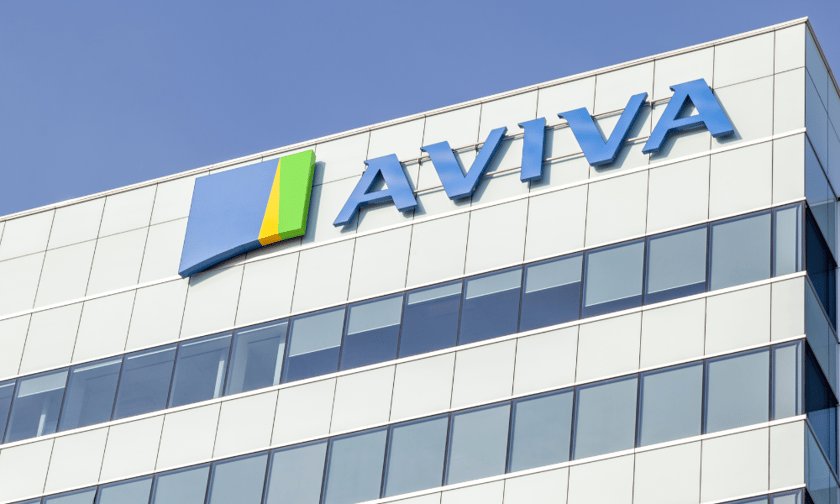

Aviva has renewed its plan to cancel £450 million worth of preference shares, seven years after a similar proposal was met with backlash. The current proposal offers shareholders a vote on the cancellation and includes a substantial premium over the par value of the shares.
In 2018, Aviva’s attempt to cancel these “irredeemable” shares at par value led to widespread criticism, questions in Parliament, and the departure of then-CEO Mark Wilson. The Financial Conduct Authority (FCA) later issued a public censure over Aviva’s communications during that period.
The current plan has garnered support from institutional investors due to the attractive premium offered. However, some retail investors, who rely on the shares for a steady income stream, have expressed concerns. According to The Times, financial adviser Doug Brodie, founder of Chancery Lane Income Planners, criticised the proposal, questioning the rationale behind revisiting a plan that previously proved contentious.
The preference shares, issued in the 1990s, have historically provided Aviva with capital benefits. However, under upcoming Solvency II rules, these shares will no longer count towards the company’s capital base from next year, prompting Aviva to describe them as “an inefficient form of funding which no longer serves the purpose for which they were intended”.
Aviva has stated that its proposal represents “a fair and compelling proposition for preference shareholders by offering liquidity at a premium to market prices”. The company emphasised its commitment to honouring its previous promise to consider the fair market value of the preference shares in any action taken.
The outcome of the vote, scheduled for April 15, will determine whether Aviva can proceed with the cancellation, requiring a 75% approval from preference shareholders.
In February 2025, Aviva reported a 29% increase in operating profit within its wealth business for 2024, reaching £129 million, up from £100 million in 2023. This growth was attributed to rising revenues in workplace and platform services, despite increased investments in direct wealth propositions. Aviva aims to more than double its wealth business profit to £280 million by 2027 through continued investments.
Do you think Aviva’s offer is fair to shareholders? Share your insights below.
